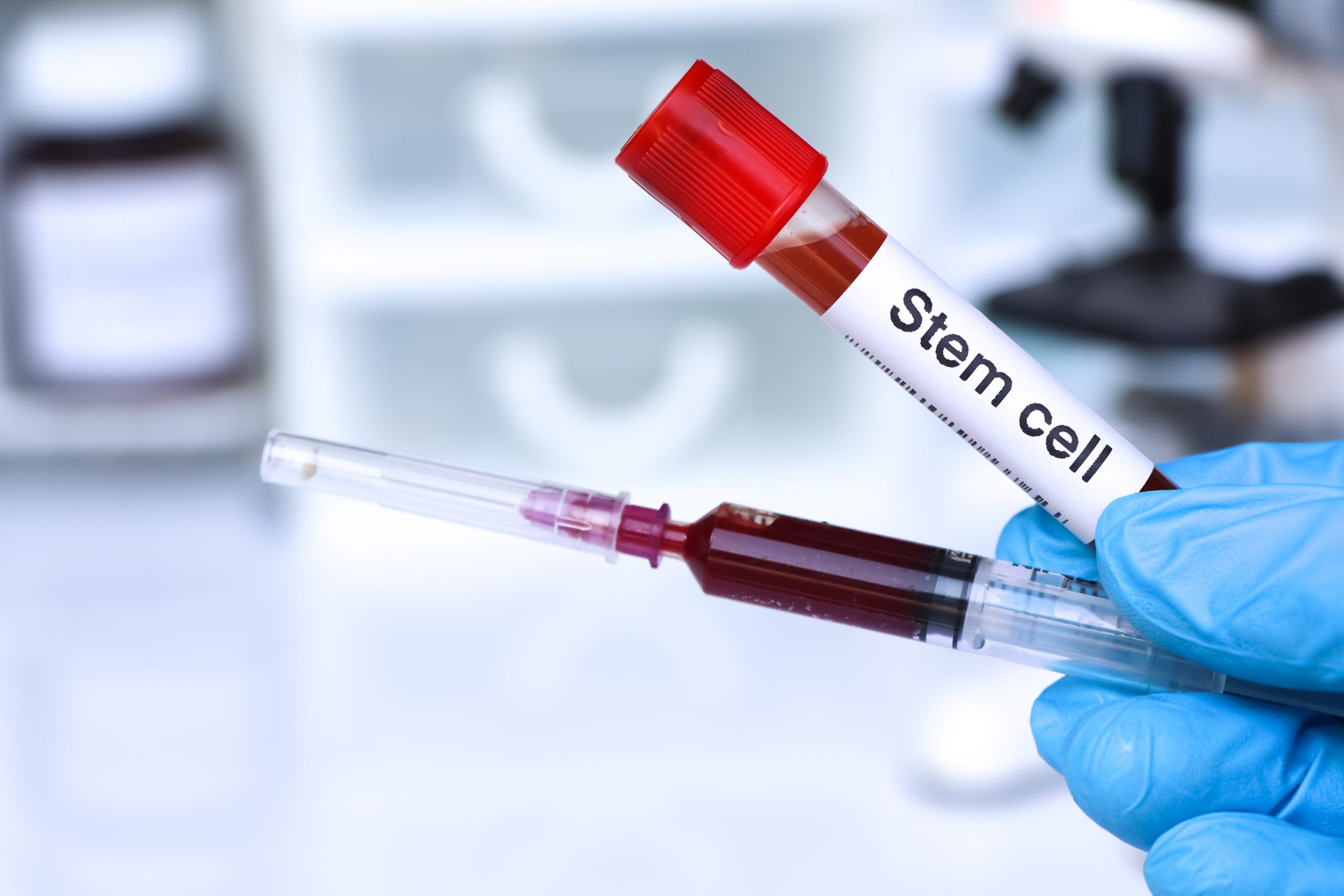Taking care of your skin should be a top priority. Frequently, people are insecure because they have scars or skin abnormalities. See a dermatologist; the doctor is trained to treat all types of skin conditions.
Scars are a major concern for some patients. The look of most scars can be improved with cosmetic skin treatments. Scar treatment includes:
• microdermabrasion
• chemical peels
• collagen injections
• fat transfer
• dermal fillers like restalyne
Doctors also use a laser to remove scars. Raised and reddened scars can be treated with a pulsed dye laser. Acne scars are treated with laser skin resurfacing. A dermatologist in Bradenton, FL. will also look for pre-cancer signs on the skin. Skin cancer is the most common cancer in humans, and the largest cause is ultraviolet radiation found in sunlight. Skin cancer can also be genetic. The three most common skin cancers are:
Basal cell carcinoma-begins as a pearly white or pink area, which may turn into an ulcer or bleed. BCC is the most common skin cancer. It’s slow growing and doesn’t tend to spread.
Squamous cell carcinoma-begins as red, scaly areas. SCC may spread to lymph nodes and other organs, sometimes causing death.
Melanoma-the least common but most aggressive form of skin cancer. The dermatologist in Bradenton, FL. says people who had a lot of serious sunburns during childhood are more susceptible to melanoma. Melanoma can begin as a mole or a new brown lesion.
Dermatologists use photodynamic therapy to treat some skin cancer. The patient is injected with a photosensitizing agent. A couple of days later, the lesion is exposed to a laser. The photosensitizer in the tumor absorbs the light. This action produces a form of oxygen that destroys cancer cells.
Some dermatologists are trained in Mohs micrographic surgery, a state-of-the-art technique used for complex skin cancers. The tumor is surgically removed, and a detailed map is made of the tissue. The tissue is reviewed under a microscope and evaluated to make sure the tumor is completely removed.
We have to protect our skin in order to remain healthy. Wear sunscreen daily, and if you notice a suspicious mole or lesion, call the dermatologist at My Dermatology & Cosmetic Center. You’ll be glad you did.



